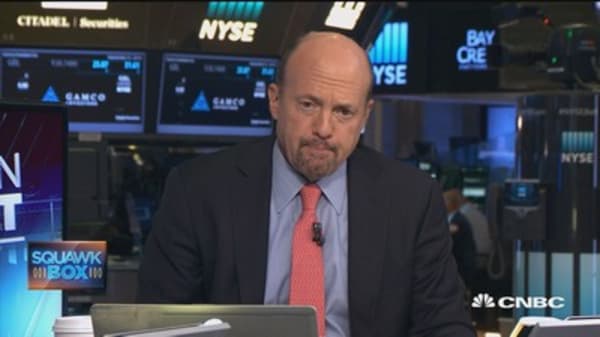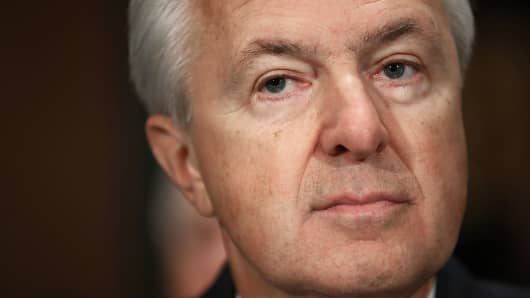The scandal that has rocked Wells Fargo revolves around 5,000 employees - encouraged by financial incentives for meeting aggressive sales targets - who opened up accounts for customers without their consent. As many as 2 million deposit and credit card accounts had fraudulently been opened by employees over a four year period.
At first sight, it seems that these fake accounts would have elevated Wells Fargo's performance, attracted the attention for Wall Street analysts and investors, generated additional revenue and boosted Wells Fargo's stock price. Lawmakers, on Tuesday, claimed that senior management at Wells Fargo was able to put millions of dollars in their pockets, in part because of these fake accounts.
But seriously, how big a scandal is this and how large was its impact on Wells Fargo's stock price (and hence executive bonuses)? Consider the fact that the fake accounts generated $2.6 million in fees over a four-year period. That is a drop in the bucket (0.011 percent to be precise) compared to Wells Fargo's annual net income of $23 billion. If this is the full extent of the fraud (something that we don't know, yet!) then this is certainly not the most egregious example of corporate misconduct to boost accounting profits/bonuses we have seen in recent years.
These fake accounts certainly did not cause Wells Fargo valuation to double over 2011-2015, and they should certainly not cause the recent steep decline in its stock price. It would seem that the $25 billion drop in its valuation and a slash of its ratings (by analysts at its competitor J. P. Morgan) is an over-reaction.
If the fraud is not more widespread than it currently appears, and if further investigation does not reveal any new material facts, I would think that in time, pessimism about the bank will peak, the share price will stabilize (or dare I say even rebound), and there will be no serious repercussions or consequences from the scandal.
Make no mistake; the fact that employees were able to illegally open accounts is a serious black mark against one of the largest and most respectable banks in the world and a violation of a compliance issue. U.S. law requires banks to enforce "Know Your Customer" guidelines, whereby accounts are opened only by "genuine" customers, with documentation that establishes identity and legality of funds.




